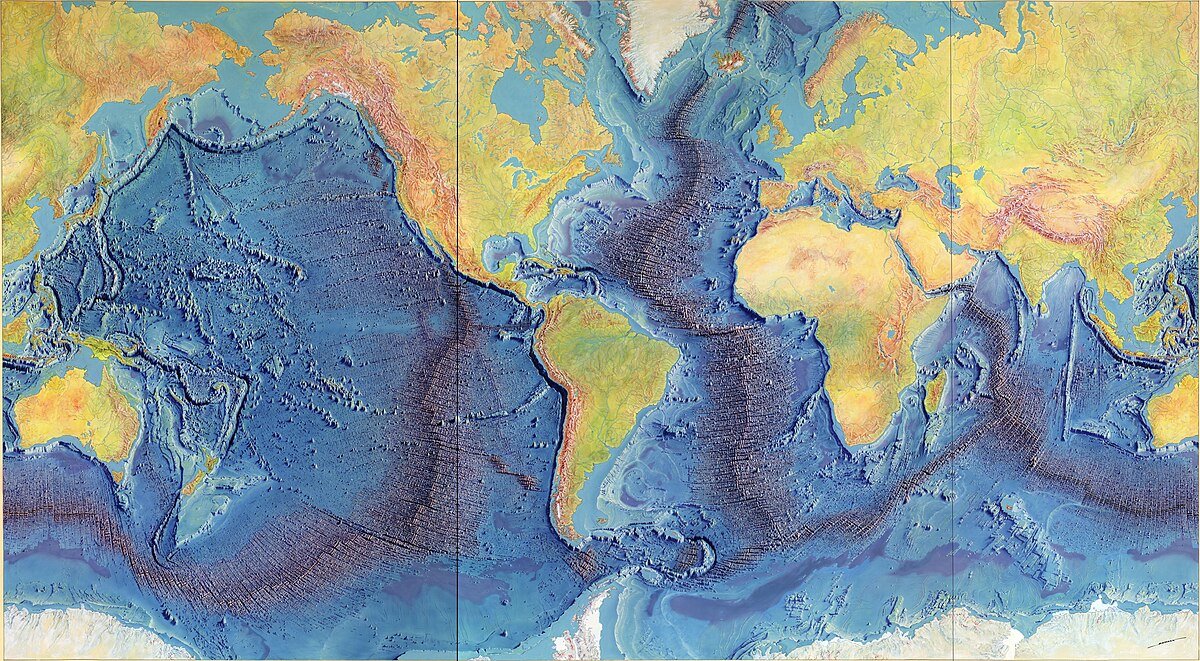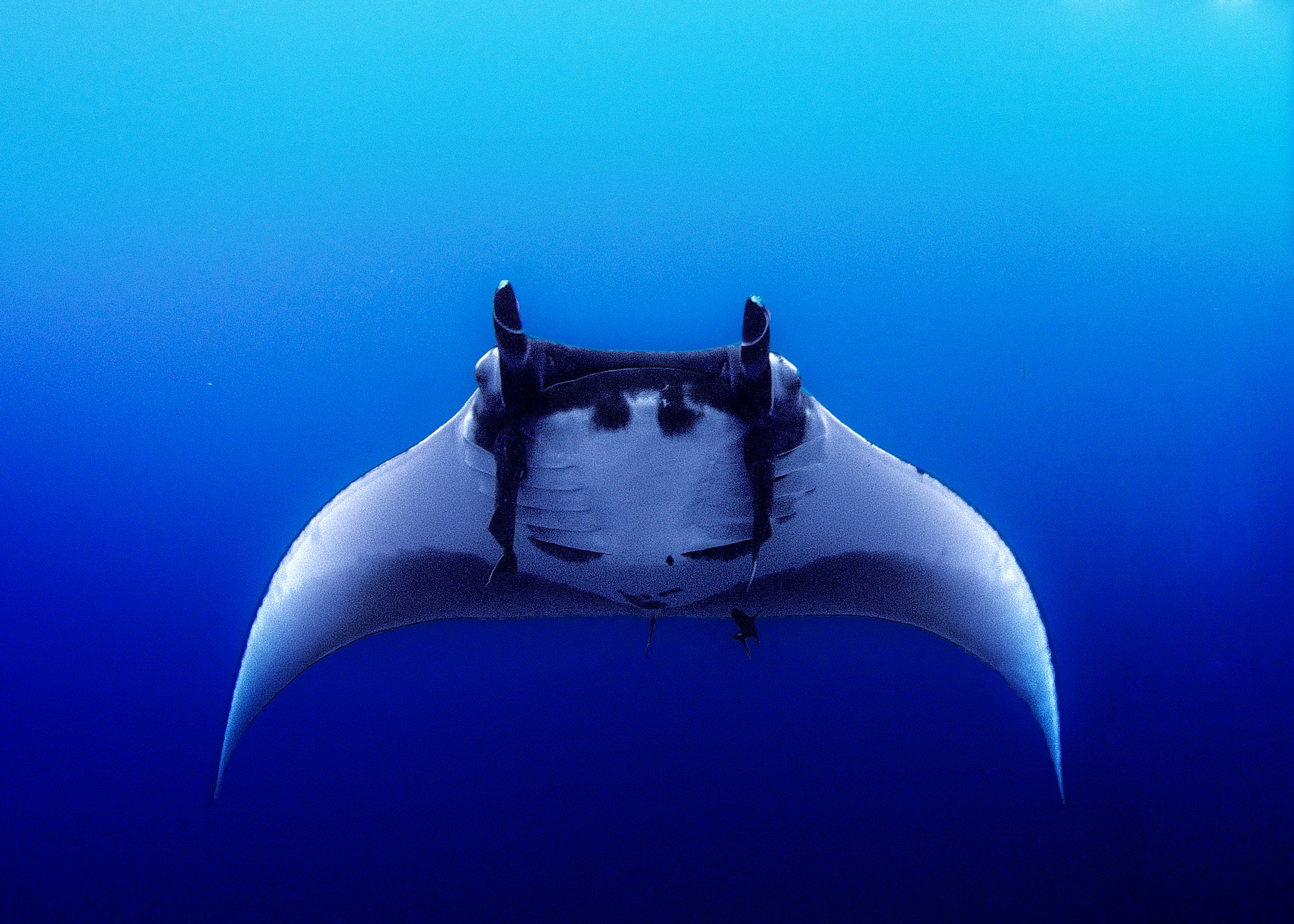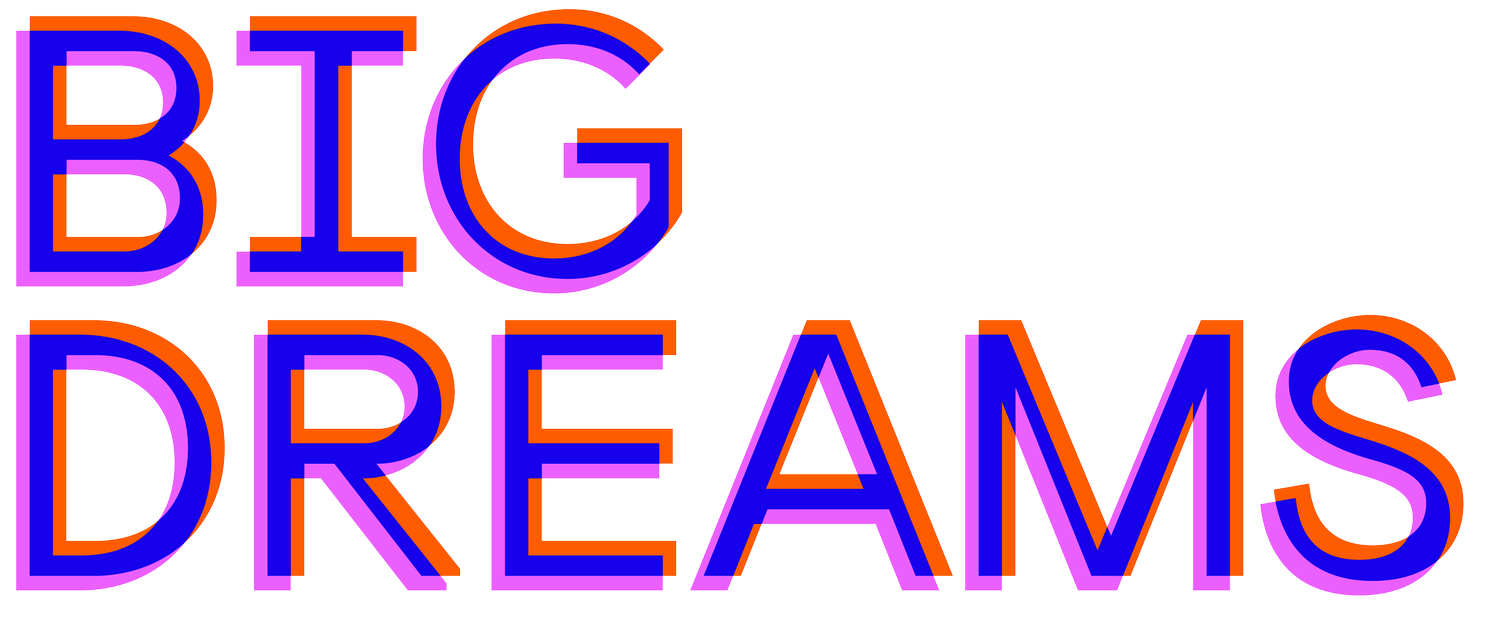
Ocean Literacy and Education
FUTURE SCENARIO
Ocean literacy shifts from a niche field to a central component of education, industry, and public policy. As climate change reshapes coastlines and economies eventually, understanding ocean systems becomes essential. Governments integrate ocean literacy into curricula, while digital platforms provide real-time marine data for schools, industries, and policymakers.
Real-time experiences and AR/VR simulations immerse students in deep-sea exploration, while citizen science initiatives engage larger communities in ocean monitoring. Universities and technical institutes develop specialized programs in aquaculture, marine engineering, and conservation, aligning workforce training with blue economy careers. Industry collaborations ensure skilling programs meet sustainable marine sector demands, creating new pathways in ocean renewables, conservation, and maritime technology.
Eventually, ocean literacy proliferates and strengthens economic and environmental resilience. A well-informed workforce innovates within marine industries, accelerating sustainability. Public participation in ocean governance ensures conservation policies reflect collective responsibility. The ocean, once overlooked in mainstream education, now stands at the center of climate adaptation, economic transformation, and planetary health, securing its role for future generations.
Supporting Trends
-
Ocean Literacy
SOCIAL
Ocean literacy is gaining traction in various institutions, aiming to embed an understanding of the ocean's influence on humans and vice versa.
-
Plastic-free Advocacy
SOCIAL
A surge in advocacy and initiatives aimed at reducing ocean plastic pollution, leading to innovations in alternatives and cleanup technologies.
#Break Free From Plastic, PlasticFreeOceans, Plastic Oceans,
-
Climate Adaptation
ENVIRONMENTAL
Development of coastal infrastructure designed to withstand climate change effects, including sea-level rise, intense storms, and coastal erosion.
-
Eco-Tourism
ECONOMIC
Eco-tourism is a major trend for coastal businesses, increasingly being helpful to marine conservation efforts and sustainable tourism practices.
Barriers
-
Unequal access to ocean education in low-income regions.
-
Limited funding for interdisciplinary ocean research.
-
Bureaucratic challenges in integrating ocean literacy into formal curricula.
Opportunties
-
To develop foundational technologies through ocean research (like GPS, but ocean specific)
-
Ocean/coastal worker safety, Scouting for the best coastal resilience programs to invest in
-
Gamified AR/VR educational experiences promoting ocean awareness.
-
Cross-sector collaborations between academia, industry, and policymakers.
-
Citizen science initiatives fostering community involvement in marine conservation.
Potential Roadmap
-
Ocean Education in Curricula
2025
Governments implement ocean literacy in national education policies, ensuring foundational marine science knowledge in schools.
-
Digital Ocean Learning Improves
2030
Immersive technology-based education platforms make ocean exploration accessible, increasing public engagement and workforce training.
-
Vocational Training in the Blue Economy
2035
Technical institutes and universities develop targeted programs in sustainable aquaculture, marine conservation, offshore energy.
-
Public-Private Partnerships Grow
2040
Citizen science initiatives expand, involving communities in data collection, marine monitoring, and policy advocacy.
-
Ocean Literacy Shapes Decisions
2050
A well-informed workforce and public enable conservation and sustainable resource to remain central to governance and industry strategies.
-

Scenarios
Collectively imagining what the future of the oceans might looks like in different contexts.
-

Drivers
Macro-level drivers that create broad-reaching impact, and influence our present and future.
-

Trends
Emerging trends are specific areas of change that hold potential for significant impact.

Let’s Work Together
Join our ocean-tech network.


